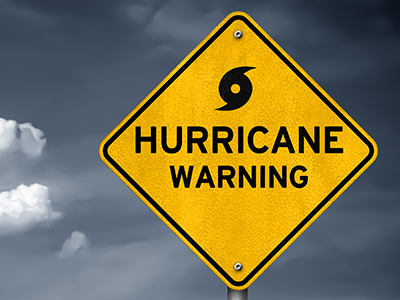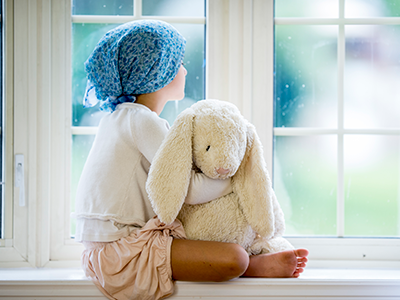Every day, approximately 47 children in the United States are diagnosed with cancer.
When a child is diagnosed with cancer, their family, friends, classmates and community are all affected, and most people just want to know how to help. Young children, who may be struggling just to understand their friend’s illness, may not know how best to support their friend and will need your guidance. You can help your child be a good friend to a child with cancer by:
- Taking time to educate: Teach your child, in a developmentally appropriate way, about cancer. This will help to reduce fear or clear up any misconceptions they may have about the disease. Be sure to emphasize that cancer is not contagious and that their friend did not get cancer because of anything that they did or did not do. Tell your child what may be different about their friend (e.g., new medicines, doctor’s appointments, changes in appearance) and what stays the same (e.g., love of video games and his new puppy). Answer questions honestly. This will help your child to interact naturally with their friend and not be scared around them.
- Facilitating interactions: Losing touch with and feeling isolated from friends can be really hard for children with serious illnesses, so allow your child to visit their friend at home and in the hospital (but not if your child is sick). Encourage your child to try not to treat their friend differently, reminding them that they are still the same person they know and love. At the same time, help them to understand that their friend may sometimes get tired and need to rest or take breaks (and that doesn’t mean that they don’t want to play or are not having fun). In between visits, your child can write letters, send cards, text, Facetime or find other ways of letting their friend know they are thinking of them.
- Suggesting help with school: Because your child’s friend may miss a lot of school, your child may be able to help by bringing him/her their work or even helping with assignments. School supports should be in place to provide tutoring and teaching, but it never hurts to have a homework buddy! When their friend goes back to school, your child can find other ways of being helpful, like sharing notes or sitting with them at lunch.
- Practicing good hand hygiene: Because your child’s friend can get sick more easily, talk to your child about the importance of washing their hands to keep germs away. Practice the right technique and have your child teach it to other friends.
- Allowing your child to participate in neighborhood/community-based supportive activities: Oftentimes, adults may organize efforts to support the family of the ill child (e.g., charity walks, housekeeping, meal service, carpooling). Include your child in these efforts so that they too can learn from and experience a sense of community spirit and collective empathy. They can help prepare meals for the family, accompany you when you donate blood, help clean the family’s home or pick out a present for the siblings in the home.
 https://riseandshine.childrensnational.org/wp-content/uploads/2025/05/child-having-tantrum-feature.jpg
300
400
webteam
https://riseandshine.childrensnational.org/wp-content/uploads/2017/11/childrens_riseandshine_logo.jpg
webteam2025-05-07 15:54:412025-05-07 16:19:29Helping autistic children manage big feelings
https://riseandshine.childrensnational.org/wp-content/uploads/2025/05/child-having-tantrum-feature.jpg
300
400
webteam
https://riseandshine.childrensnational.org/wp-content/uploads/2017/11/childrens_riseandshine_logo.jpg
webteam2025-05-07 15:54:412025-05-07 16:19:29Helping autistic children manage big feelings


 Amanda L. Thompson, PhD, is a pediatric psychologist.
Amanda L. Thompson, PhD, is a pediatric psychologist.


















Leave a Comment
Want to join the discussion?Feel free to contribute!